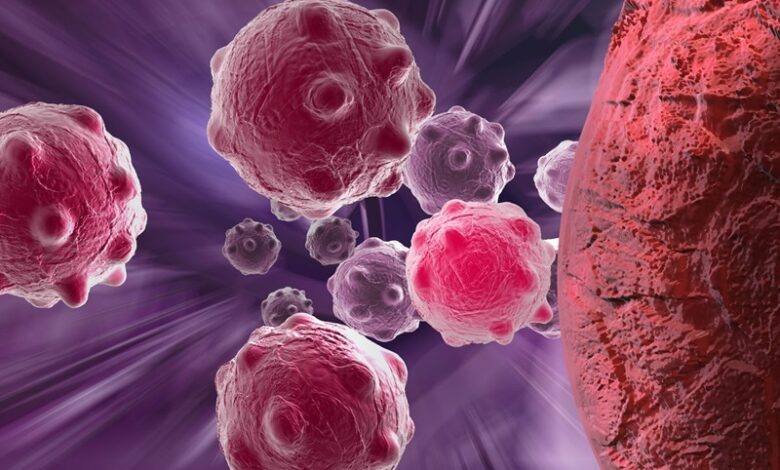New Insights into How Cancer Cells Evade Treatment: A Path to Improved Therapies

News Mania Desk/Agnibeena Ghosh/21st July 2024
Researchers in the United States have made significant strides in understanding how cancer cells manage to evade treatment. A study published in the Proceedings of the National Academy of Sciences uncovers the cellular mechanisms that enable cancer cells to proliferate even when targeted by anticancer drugs.
Cancer cells multiply rapidly through a process known as proliferation. Anticancer drugs aim to halt this growth by initiating a series of complex genetic and cellular events. Despite these efforts, treatments often produce inconsistent results. The study, led by Jean Cook from the Department of Biochemistry and Biophysics at the University of North Carolina, Chapel Hill, identifies a crucial enzyme that plays a significant role in stopping cancer cell proliferation, especially during treatment.
This enzyme, whose function varies among individuals, was found to be instrumental in the ability of cancer cells to evade therapies designed to inhibit their growth. Cells regulate protein expression by switching genes “on” and “off,” and some proteins ensure precise and effective cell division, much like musicians in an orchestra following a conductor. When cells deactivate these regulatory proteins, it leads to uncontrolled division and DNA replication.
Cook and graduate student Brandon Mouery treated cultured human cells with palbociclib, a drug used for metastatic breast cancer, to study the role of protein degradation in halting cell growth. Using advanced techniques such as microscopy, flow cytometry, and proteomics, they discovered that the enzyme APC/C, which targets proteins for degradation to regulate the cell cycle, enhances the effectiveness of palbociclib. This finding suggests that APC/C levels in tumors could help predict patient responses to palbociclib and similar drugs. Reduced APC/C activity might indicate poor treatment response or a higher risk of relapse.
The researchers also observed that both cancerous and non-cancerous cells can bypass drug-induced proliferation arrest. These “escapee” cells struggle to replicate DNA on their own, likely delegating DNA replication to proteins that initiate cell division later in the cell cycle. This indicates that cells can use alternate pathways for uncontrolled growth.
“Cell proliferation has been intensively studied for decades, yet we can still be surprised,” Cook noted. “Sometimes our textbook understanding is still quite incomplete, so we need to keep an open mind and continually challenge paradigms.” These findings could lead to new interventions that induce long-lasting proliferation arrest by exploiting this escape mechanism and cancer-associated DNA replication errors, potentially forcing cancer cells into a “self-destructive” growth mode.
This breakthrough highlights the importance of continually questioning established scientific knowledge and exploring new pathways in cancer research. Understanding the mechanisms of how cancer cells evade treatment can pave the way for the development of more effective therapies. By targeting the escape routes that cancer cells use to proliferate, researchers hope to design interventions that can halt cancer growth more effectively and reduce the likelihood of relapse.
In conclusion, the discovery of the role of the APC/C enzyme in cancer cell proliferation and treatment resistance offers a promising avenue for improving cancer therapies. By focusing on the cellular processes that allow cancer cells to evade current treatments, scientists can develop strategies to block these escape mechanisms, leading to more successful and long-lasting cancer treatments. This research not only advances our understanding of cancer biology but also brings hope for better outcomes for patients undergoing anticancer therapies.






